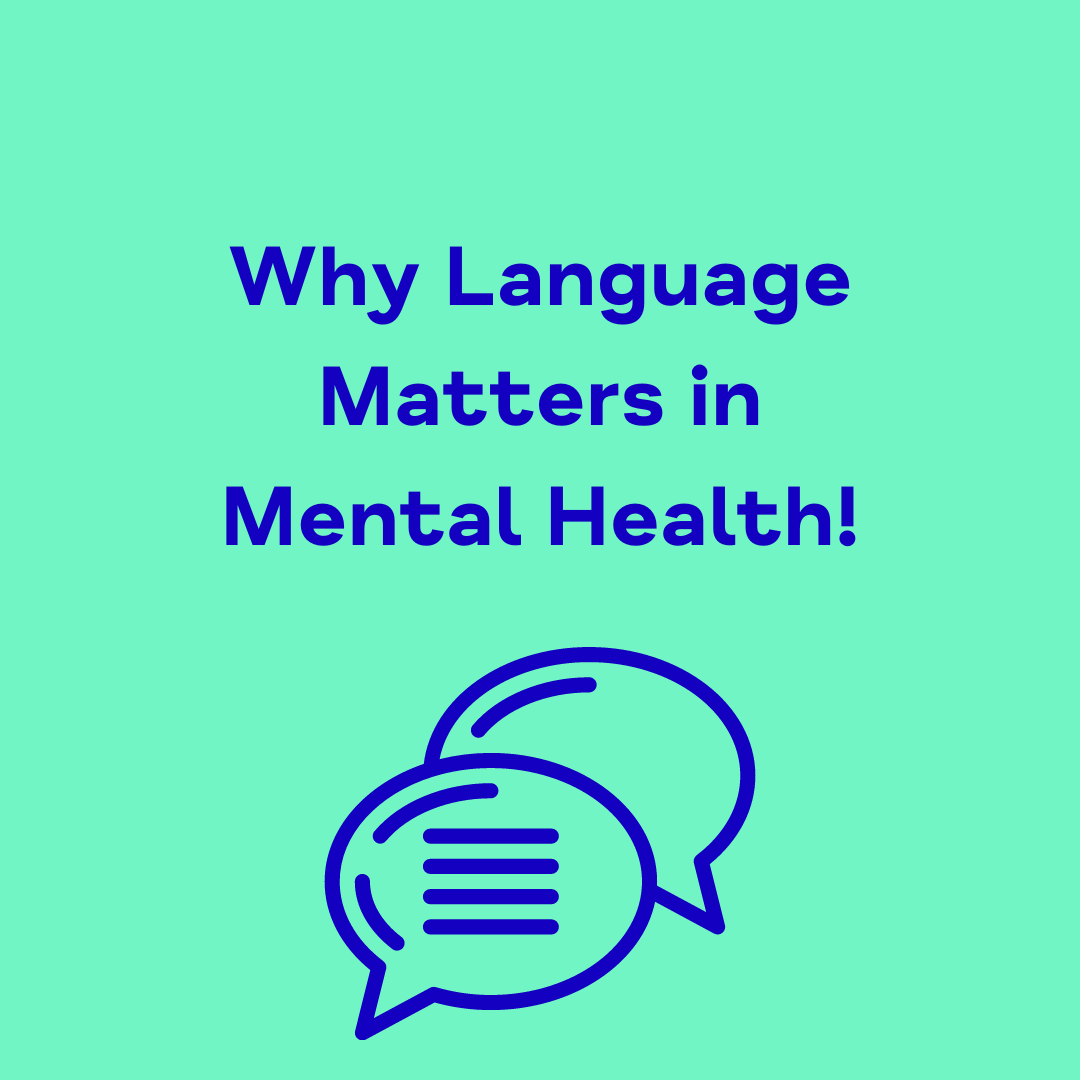Language plays a crucial role in mental health discussions. It can either perpetuate harmful stereotypes or reduce stigma and promote positive change. The words we choose to use when discussing mental health issues have a direct impact on individuals’ experiences, public perceptions, and the progress of society in understanding, supporting, and addressing mental health challenges.
Stigma-Reducing Language
Using stigma-reducing language is crucial to reduce the harmful stereotypes that surround mental health issues. Stigmatizing language reinforces the misconception that mental health issues are simply a result of personal weakness or character flaws. This type of language can be a significant barrier to seeking help, as people may be hesitant to disclose their struggles due to the fear of judgment and discrimination.
On the other hand, stigma-reducing language promotes empathy, understanding, and inclusivity. It acknowledges the humanity of those facing mental health challenges and encourages a more compassionate perspective. By using person-centred language, such as “a person with depression” or “someone living with bipolar disorder,” we can contribute to a more inclusive and accepting environment where individuals feel safe and encouraged to seek support.
Language and Self-Perception
The language we use to discuss mental health can also shape our self-perception, self-esteem, and overall well-being. Stigmatizing language that characterizes mental health issues in derogatory or degrading terms can lead individuals to internalize negative labels. On the other hand, using empowering language can be transformative and promote self-compassion, reinforcing the idea that individuals are not defined by their mental health condition.
The Role of Media and Public Figures
Media and public figures play a crucial role in shaping public perceptions and attitudes towards mental health. The language they use when discussing mental health is of paramount importance because it can either reduce stigma and promote understanding or reinforce harmful stereotypes. They have the unique ability to impact how society views mental health, and their influence is far-reaching.
In conclusion, language matters in mental health discussions. By using stigma-reducing language, promoting self-compassion, and advocating for positive change, we can contribute to a more compassionate and informed society in which mental health is recognized as a critical component of overall well-being.
By Jamie Edwards

